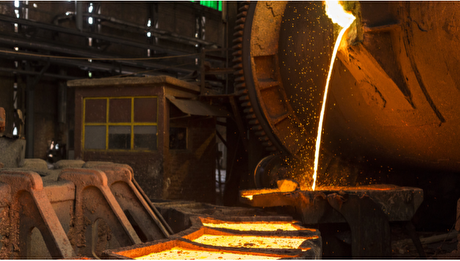
Toshiba aims to expand EV battery business
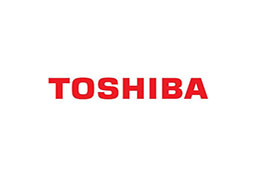
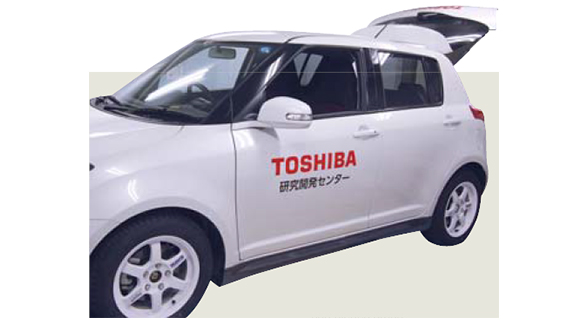
Toshiba said today that it aims to grow its lithium-ion battery business to ¥400bn ($3.5bn) by 2030. The company expects the global size of the rechargeable battery market will expand to ¥15.7 trillion in 2030, more than triple the ¥4.7 trillion last year. Battery used for EVs is projected to scale up to a ¥12.4 trillion, or 79pc of the total.
Toshiba plans to invest ¥16.2bn in building a new lithium-ion battery production plant at Yokohama in Kanagawa prefecture, west of Tokyo, to meet growing demand. The construction is scheduled to begin in July next year, targeting commissioning in October 2020.
Toshiba also plans to increase output capacity at its existing Kashiwazaki plant in Niigata prefecture, as well as expanding capacity in India and the US, although details are undisclosed.
Fellow Japanese firm Sumitomo Metal Mining is also aiming to invest ¥11.3bn in increasing output capacity of lithium nickel oxide, which is used in the production of lithium-ion battery anodes, during the 2018-19 fiscal year ending 31 March.
Japan has a target to sell only EVs by the end of 2050, in efforts to reduce greenhouse gas emissions from passenger cars by 90pc per vehicle. Such EVs include battery electric vehicles, plug-in hybrid EVs, hybrid EVs and fuel cell EVs.

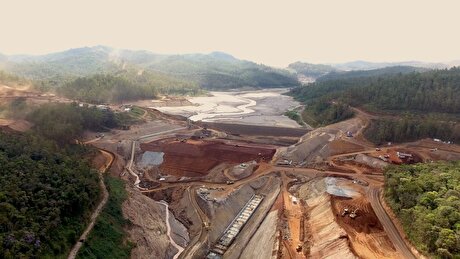
Samarco gets court approval to exit bankruptcy proceedings
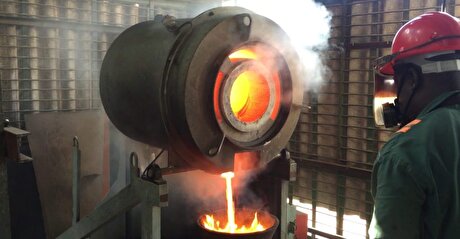
Zimbabwe labs overwhelmed as gold rally spurs exploration, miner says
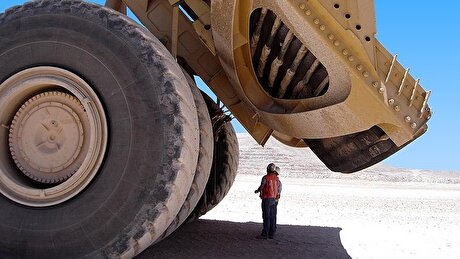
Cochilco maintains copper price forecast for 2025 and 2026

Gold price stays flat following July inflation data

Mosaic to sell Brazil potash mine in $27M deal amid tariff and demand pressures

Glencore seeks $13 billion in incentives for Argentina copper projects

HSBC sees silver benefiting from gold strength, lifts forecast
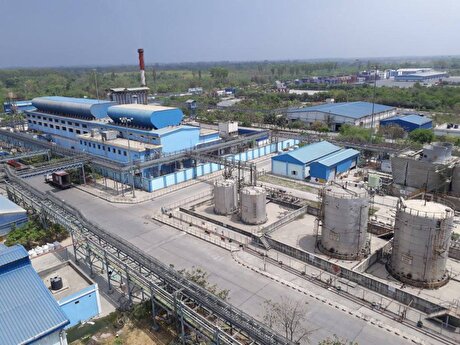
Hindustan Zinc to invest $438 million to build reprocessing plant
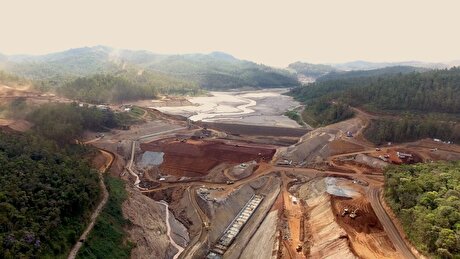
Samarco gets court approval to exit bankruptcy proceedings

Abcourt readies Sleeping Giant mill to pour first gold since 2014

Roshel, Swebor partner to produce ballistic-grade steel in Canada

EverMetal launches US-based critical metals recycling platform

Iron ore price dips on China blast furnace cuts, US trade restrictions

Afghanistan says China seeks its participation in Belt and Road Initiative

Gold price edges up as market awaits Fed minutes, Powell speech
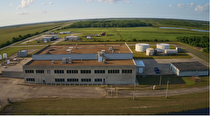
Flash Metals USA advances critical minerals recovery plant in Texas

Glencore trader who led ill-fated battery recycling push to exit

US hikes steel, aluminum tariffs on imported wind turbines, cranes, railcars

US appeals court temporarily blocks land transfer for Resolution Copper

Abcourt readies Sleeping Giant mill to pour first gold since 2014

EverMetal launches US-based critical metals recycling platform

Iron ore price dips on China blast furnace cuts, US trade restrictions

Afghanistan says China seeks its participation in Belt and Road Initiative

Gold price edges up as market awaits Fed minutes, Powell speech

Flash Metals USA advances critical minerals recovery plant in Texas

Glencore trader who led ill-fated battery recycling push to exit

US hikes steel, aluminum tariffs on imported wind turbines, cranes, railcars

US appeals court temporarily blocks land transfer for Resolution Copper














